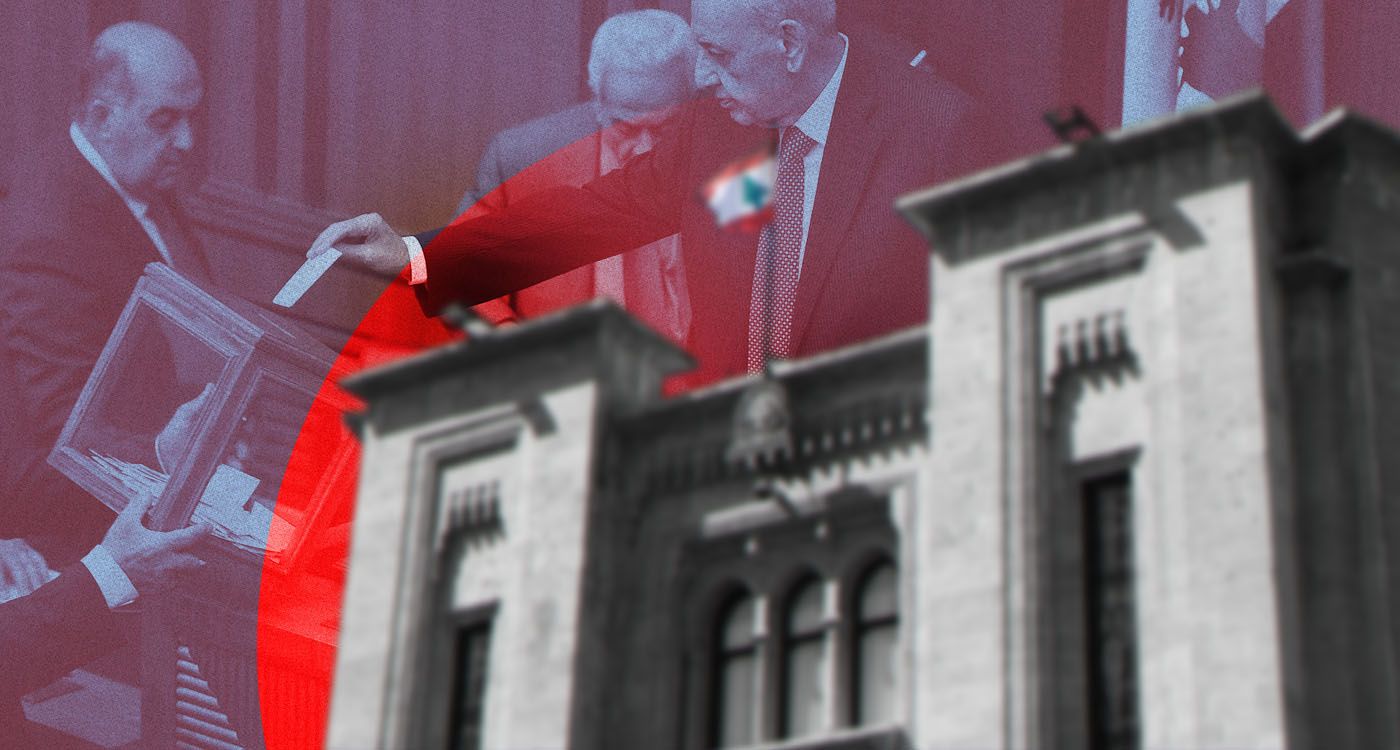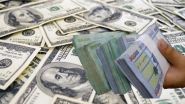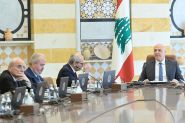
The fate of the January 9 presidential session hangs in the balance between the conflicting stances of Hezbollah and the opposition, each driven by its own motives. All eyes are now on the next 16 days to see how the situation unfolds before MPs reconvene under the parliamentary dome.
The key issue Walid Joumblatt brought back from Paris, coupled with the information shared with Nabih Berri about Joseph Aoun’s rising presidential prospects – stemming from his leadership of a key institution and his role in ensuring stability – has revitalized the stagnant presidential process. This development has prompted candidates to seek political support, especially as most blocs hesitate to finalize their positions, waiting for a clearer picture of the region following Syria’s “white coup” and the shifting dynamics.
However, diplomatic sources within the Quintet maintain that no president will be elected on January 9, as the presidential deal remains unresolved, despite Aoun’s increasing chances. If the opposition does not solidify its support for Aoun by that time, the votes will likely be divided among other candidates, preventing anyone from securing the necessary 65 votes. This would force Speaker Berri to reschedule the session, with sources suggesting it could take place in early spring, a month after Donald Trump assumes office.
In response to Joumblatt's move, several candidates, including Samir Assaf – who is backed by French President Emmanuel Macron – have declared their bids, raising the total number of contenders to over ten.
The delay in political blocs’ decisions regarding the presidential election can be attributed to several key factors. Hezbollah’s position, and by extension Iran’s, remains uncertain in the wake of Bashar al-Assad’s regime collapse and the loss of Syria. Iran had hoped to use its leverage in both Syria and Lebanon to negotiate with the United States – whether under Joe Biden or Donald Trump – to revive the nuclear deal. However, this effort faced obstacles, particularly due to the Trump administration’s rejection of Iran’s nuclear program and its demand to relocate uranium enrichment to a third country, as Iran had exceeded the enrichment limits outlined in the agreement, edging closer to nuclear weapons capabilities. Meanwhile, Israel continues to oppose Iran’s pursuit of nuclear weapons.
There are also growing concerns about Hezbollah’s commitment to the ceasefire agreement and its willingness to disarm and hand over its weapons to the Lebanese State. Sources close to the party suggest that Hezbollah intends to retain its arsenal as leverage in negotiations with the US, seeking to secure future guarantees and preserve its influence, particularly in light of the 2008 Doha Agreement, which granted it significant influence over Lebanon’s “deep state” through positions such as the governorship of the Central Bank (BDL) and military leadership. In this context, Hezbollah has urged Sleiman Frangieh to maintain his candidacy, using it as a bargaining tool for the presidency.
Understanding the nature of the new Syrian regime, now under US influence, and the roles of Russia and Turkey in Syria is critical. Israel’s strategic consolidation in Mount Hermon, following Syria’s internal upheaval, remains a significant factor. Furthermore, Israel’s stance on the ceasefire agreement, including its demand for Hezbollah to disarm and withdraw from southern Lebanon, is crucial.
The potential impact of Israeli threats of a decisive strike against Iran adds another layer of complexity, as such a move could dramatically shift the regional balance. US sources are closely monitoring this development. Finally, the consequences of Israel’s threats to target Hezbollah sites in case of a ceasefire breach, and the international pressure that would follow, remain uncertain.
Diplomatic sources reveal that Lebanon’s next president will be determined by the intricate and evolving political landscape. The opposition views delaying the election as advantageous, further weakening the Shiite Amal-Hezbollah duo. Therefore, it sees no urgency in electing a president, especially with the upcoming transition to the Trump administration, which could shift the balance of power and alter the political dynamics.
This raises crucial questions: will Hezbollah decide to back Aoun before Trump takes office, aligning with the opposition to elect him on January 9? Or will it continue supporting Frangieh to block the army commander, derail the January 9 session and delay the election until after January 20? Ultimately, will both local and international developments force the acceleration of the election process?
The Lebanese Forces’ position at the start of 2025 is expected to settle the presidential election debate, potentially accelerating Aoun’s election in the January 9 session with a majority exceeding 100 votes. This would mirror Michel Sleiman’s 2008 election, when he garnered 108 votes. At the time, MPs viewed surpassing the two-thirds majority as implicit approval of a constitutional amendment, effectively blocking any legal challenge, which had to be filed within 24 hours by one-third of parliament or 43 MPs, according to Article 41 of the Internal Regulations of the Constitutional Council.




Comments